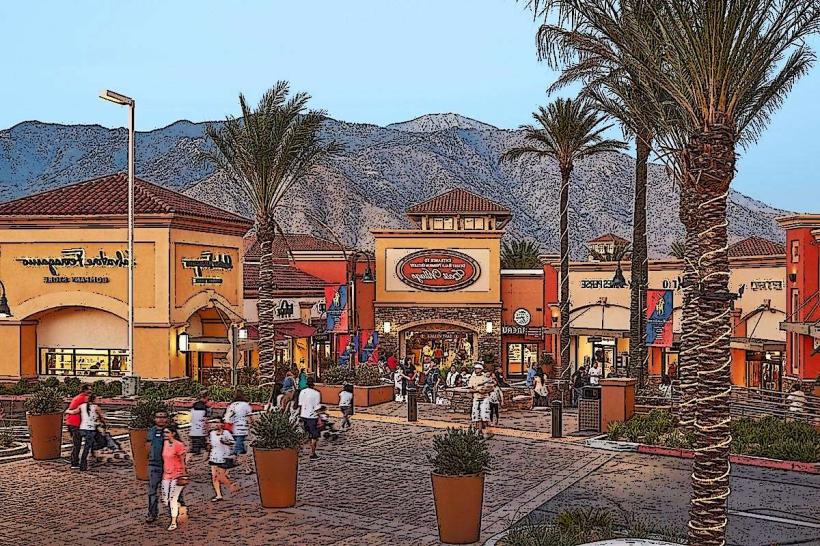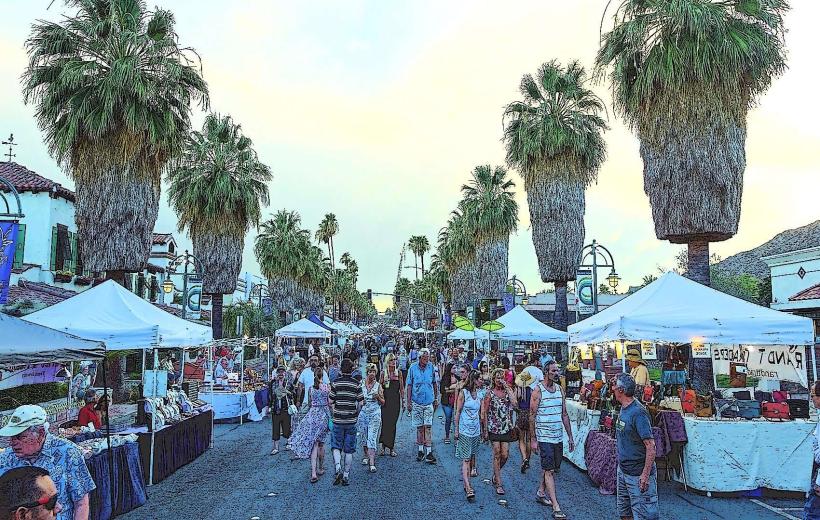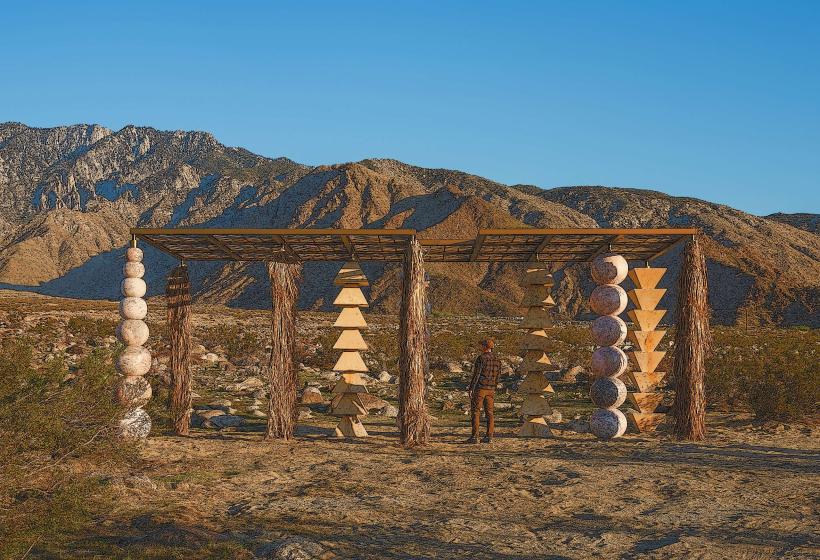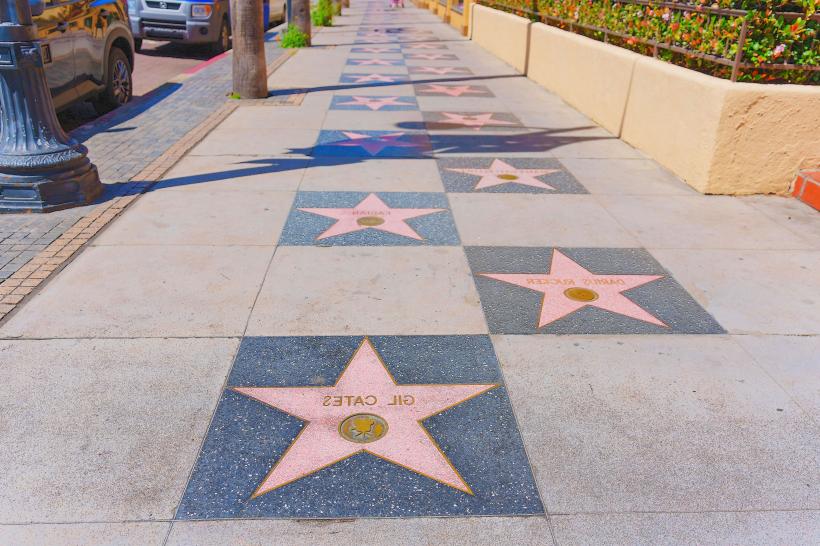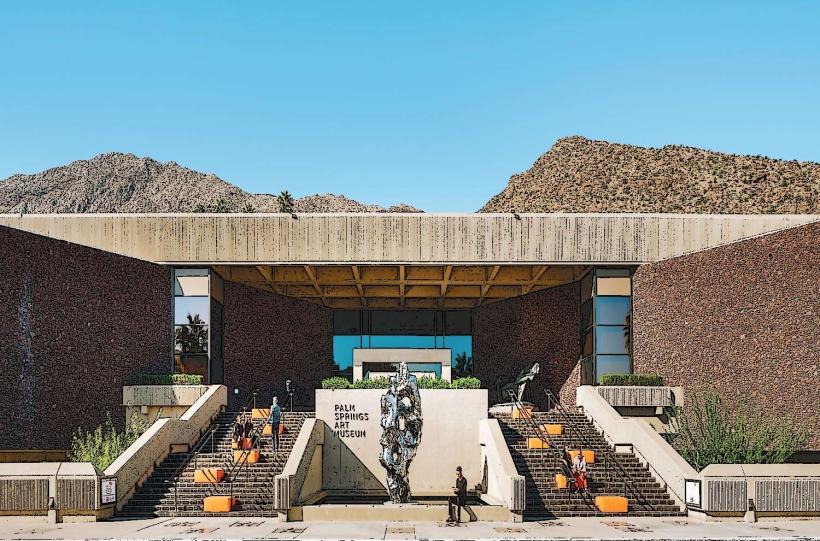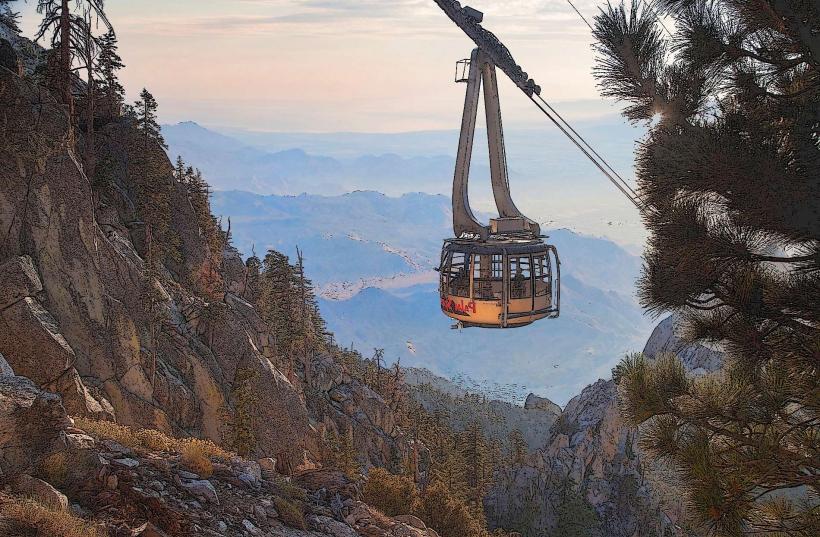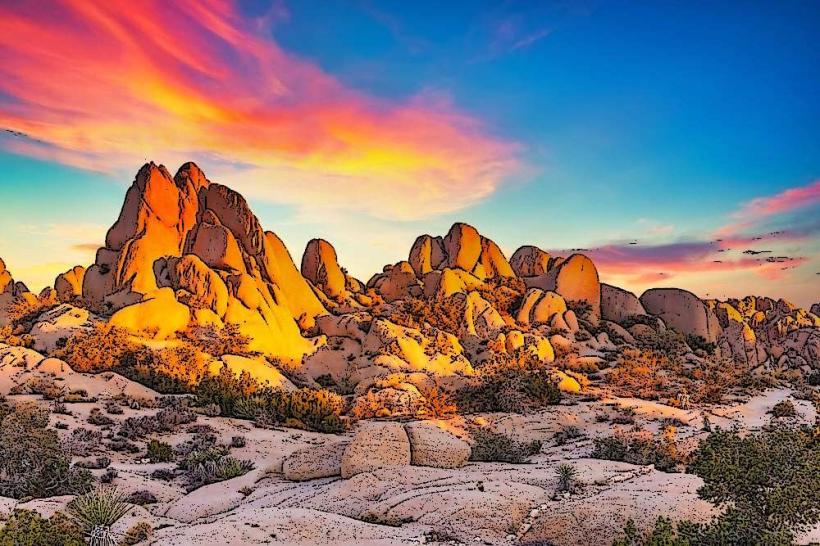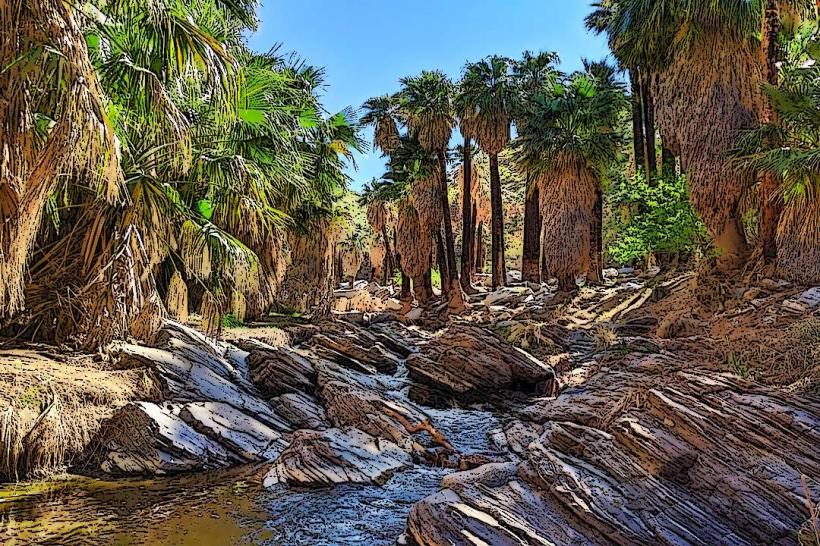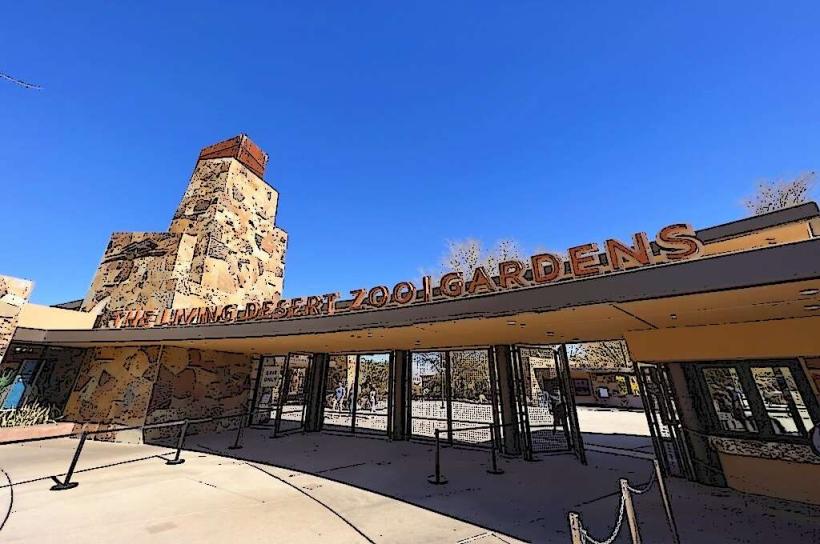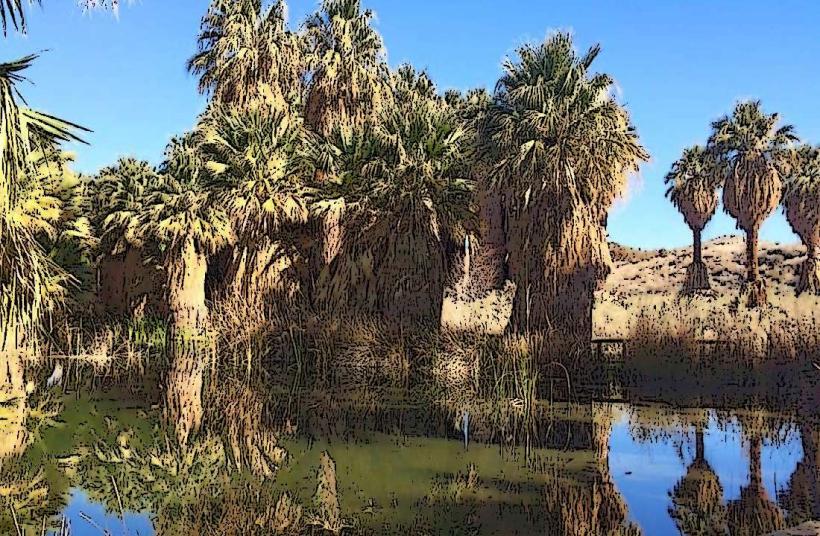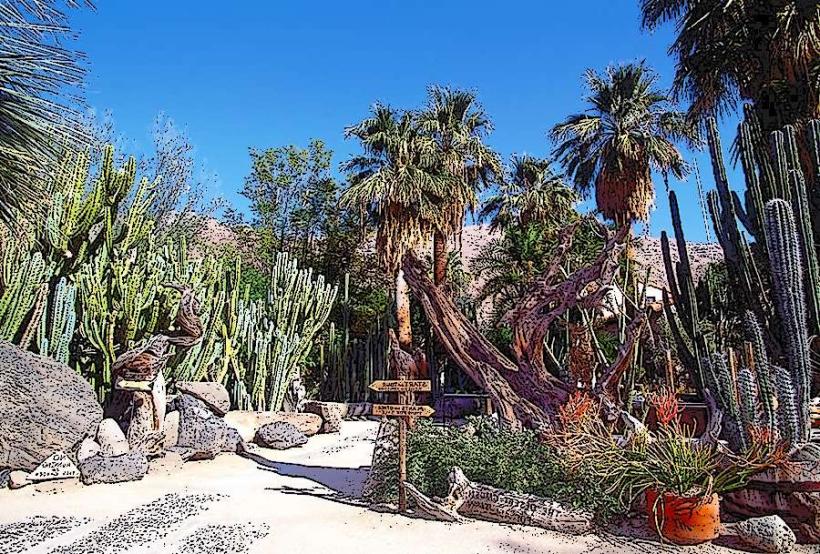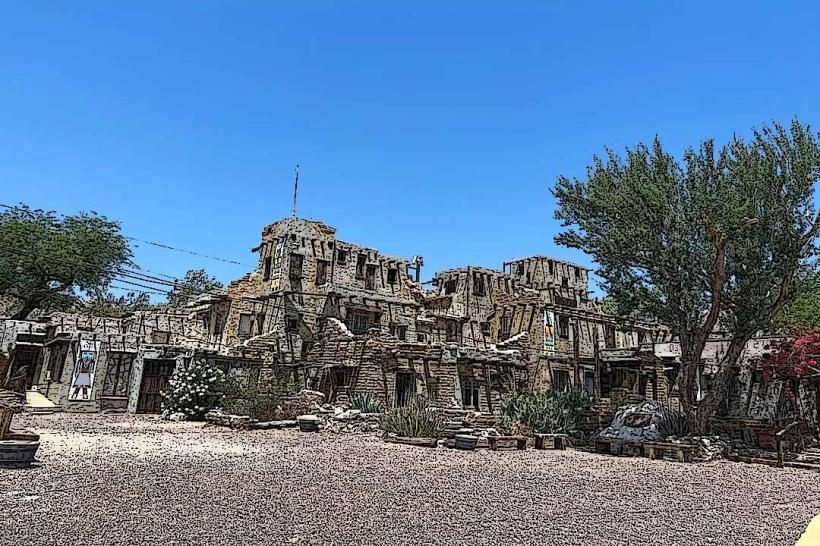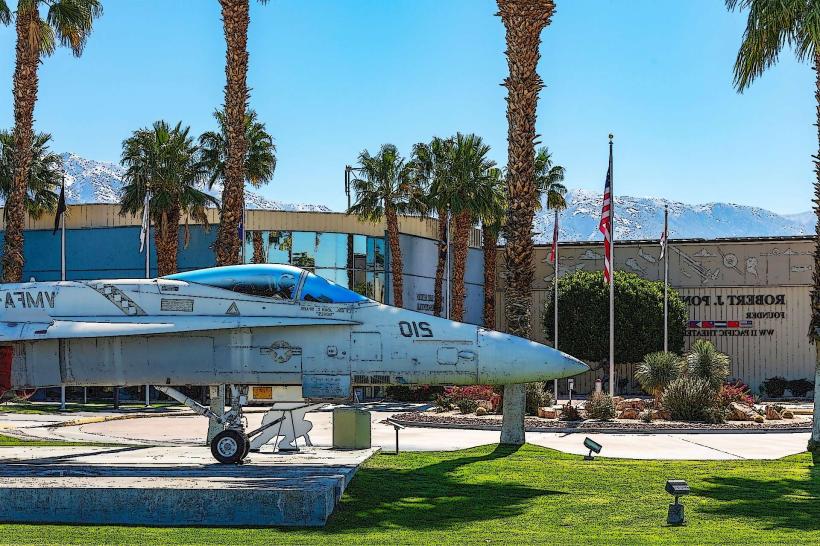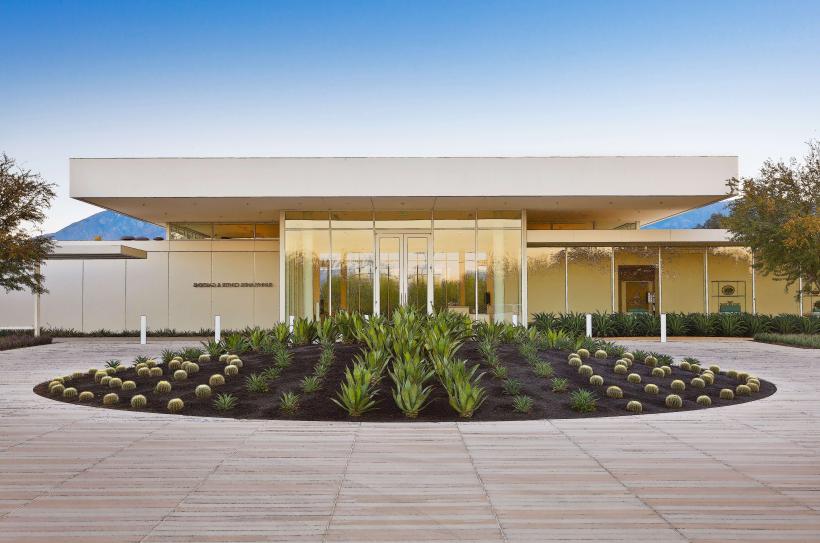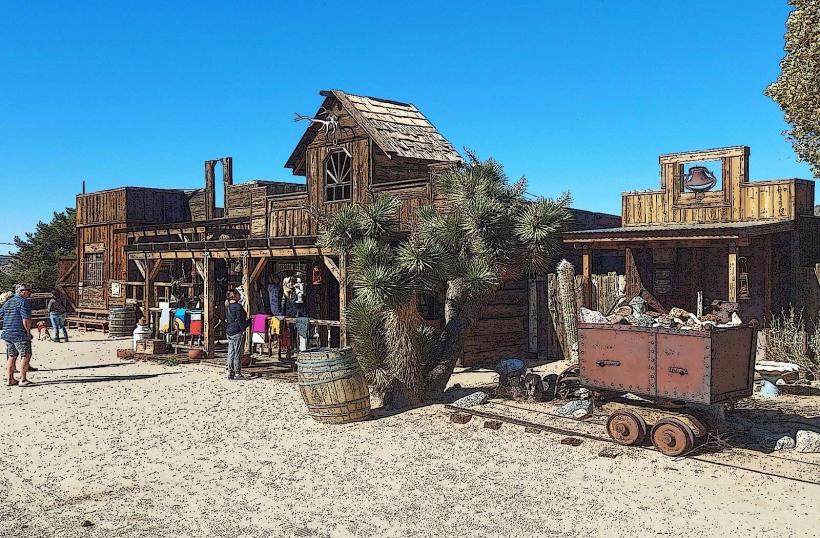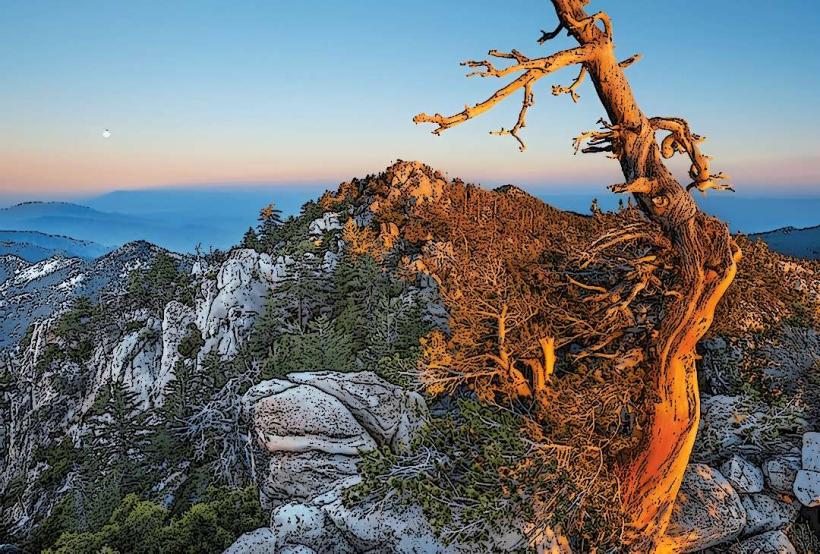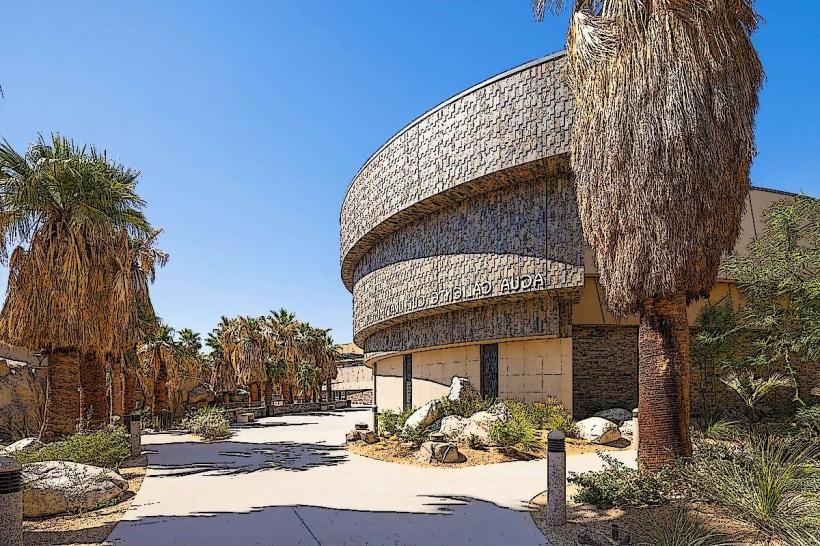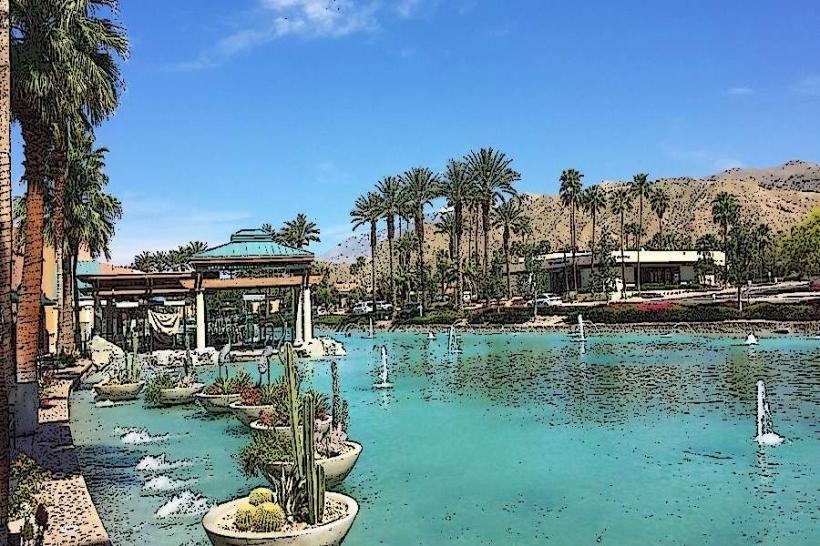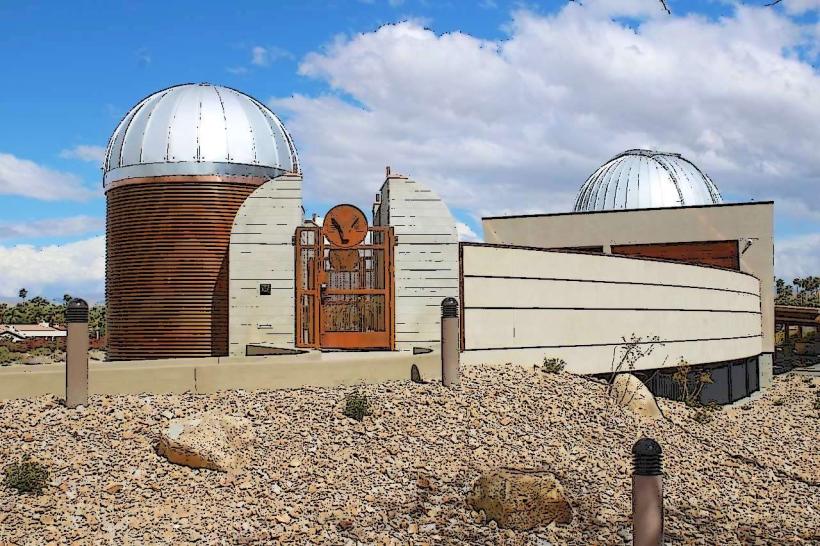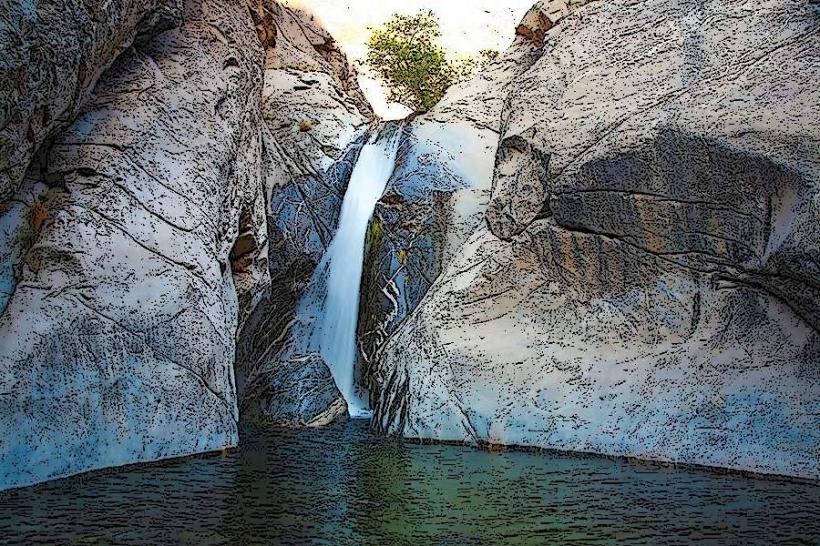Information
City: FresnoCountry: USA California
Continent: North America
Fresno, USA California, North America
Fresno is a city located in the central part of California's San Joaquin Valley. As the fifth-largest city in the state, Fresno is an important agricultural, economic, and cultural hub. It serves as the gateway to several national parks and is a key center for both agriculture and industry in the region. Here’s a detailed look at Fresno:
Geography and Climate
Fresno is situated in the heart of the San Joaquin Valley, a large agricultural region surrounded by the Sierra Nevada Mountains to the east and the Coastal Ranges to the west. The city is approximately 220 miles north of Los Angeles and 170 miles south of San Francisco.
The climate in Fresno is classified as hot semi-arid. Summers are very hot, with temperatures often exceeding 100°F (38°C), while winters are mild, with daytime highs averaging between 50°F (10°C) and 60°F (16°C). Rainfall is relatively scarce, with Fresno receiving only about 11 inches of rain per year. The city is subject to occasional droughts, which can have significant impacts on local agriculture.
Economy
Fresno’s economy is largely based on agriculture, manufacturing, and logistics. The city is often referred to as the "Agricultural Capital of the World" because of its central role in farming and food production. Fresno is one of the largest agricultural centers in the United States, producing a wide range of crops such as almonds, grapes, citrus fruits, tomatoes, and cotton. The nearby Fresno County is a major contributor to California’s overall agricultural output.
In addition to agriculture, Fresno has a strong manufacturing sector, producing items such as food products, machinery, and equipment. The city is also a regional hub for logistics and distribution, owing to its strategic location along major highways, including Interstate 99 and Interstate 5.
The healthcare and education sectors are also important to Fresno’s economy, with large hospitals, medical centers, and universities contributing to the local job market.
Culture and Diversity
Fresno is one of the most diverse cities in California, with a rich mix of ethnicities and cultures. The city is home to significant populations of Hispanic, Asian, and African American residents, which contributes to its vibrant cultural life. The city celebrates a variety of cultural festivals and events throughout the year, including the Fresno Fair, Cinco de Mayo, and Fresno Asian American Festival.
Fresno’s cultural diversity is also reflected in its food scene, which features a wide variety of international cuisines, including Mexican, Armenian, Chinese, and Punjabi. The city is known for its farm-to-table dining options, thanks to the abundance of fresh produce from the surrounding agricultural areas.
Fresno also has a growing arts and music scene, with theaters, galleries, and performance spaces throughout the city. The city’s Fresno Arts District and the Shakespeare Festival are particularly popular among residents and visitors alike.
Tourism and Attractions
While Fresno is often overlooked as a tourist destination, it is home to several interesting attractions that showcase the city’s history, natural beauty, and cultural heritage.
Fresno Chaffee Zoo: A well-loved local attraction, the zoo is home to a variety of animals from around the world, including African elephants, tigers, and giraffes. The zoo is known for its conservation efforts and educational programs.
Forestiere Underground Gardens: These unique underground gardens were created by Baldassare Forestiere, an Italian immigrant, who spent over 40 years designing and building the subterranean spaces. The gardens feature a series of underground rooms and courtyards filled with trees and plants, making it a fascinating and unusual tourist site.
Fresno County Blossom Trail: In spring, visitors can tour this scenic route through the orchards of Fresno County, where fruit trees like peaches, nectarines, and almonds bloom in vibrant colors. The Blossom Trail is one of the best ways to experience the beauty of the area’s agricultural landscape.
Kearney Mansion Museum: Located in Kearney Park, this historical site offers a glimpse into the early history of the San Joaquin Valley. The mansion was built in the early 20th century by M. Theo Kearney, an influential businessman in the region, and now serves as a museum that highlights the area’s agricultural history.
The Big Fresno Fair: Held annually, this is one of the largest regional fairs in the country, offering agricultural exhibits, carnival rides, concerts, and a variety of food and entertainment options. It’s a significant cultural event in the city and a must-see for visitors during the fair season.
Fresno Art Museum: This museum is dedicated to contemporary art and features a range of exhibitions, including works by both local and international artists. The museum’s collection includes pieces of painting, sculpture, and photography.
The Tower District: A popular area in Fresno known for its historic architecture, vibrant nightlife, and a wide selection of restaurants, bars, and shops. The Tower Theatre, a historic movie palace, is one of the neighborhood’s main attractions, offering live performances, films, and other cultural events.
Woodward Park: A large park located on the north side of the city, Woodward Park features walking trails, a dog park, sports facilities, and a popular rose garden. The park also has a small lake, making it an ideal spot for a relaxing day outdoors.
Shinzen Japanese Garden: Located within Woodward Park, this beautiful garden showcases traditional Japanese landscaping, with koi ponds, bridges, and meticulously manicured plants. It is a peaceful space for visitors to enjoy nature and tranquility.
Yosemite National Park: While not directly within Fresno, the city is an excellent jumping-off point for visitors traveling to Yosemite National Park, one of the most famous natural wonders in the United States. The park is approximately a 2.5-hour drive from Fresno, making it a popular day-trip or weekend destination for outdoor enthusiasts.
Sequoia and Kings Canyon National Parks: Located to the southeast of Fresno, these parks are home to some of the world’s largest trees, including the General Sherman Tree, the largest living tree by volume. Both parks offer opportunities for hiking, camping, and exploring the majestic Sierra Nevada mountains.
Transportation
Fresno is centrally located in California, making it an important transportation hub. The city is accessible by several major highways, including Interstate 99, which runs through the heart of the city, and Interstate 5, which connects Fresno to Southern California and the Bay Area.
Fresno Yosemite International Airport (FAT): The city’s main airport provides domestic flights to major cities like Los Angeles, San Francisco, and Denver. The airport is conveniently located just a few miles from downtown Fresno.
Public Transit: Fresno is served by Fresno Area Express (FAX), which operates a network of bus routes throughout the city and surrounding areas. However, public transportation is not as widely used in Fresno as in larger California cities, and most residents and visitors prefer to drive.
Amtrak: Fresno is served by Amtrak’s San Joaquin Line, which connects the city to other major Californian cities such as Sacramento, Los Angeles, and Bakersfield. The train station is located in the downtown area, providing easy access to other parts of the state.
Biking: Fresno has made significant strides in improving its bike infrastructure, with several dedicated bike lanes and paths throughout the city. It is becoming a more bike-friendly city, especially in certain neighborhoods like the Tower District.
Education and Innovation
Fresno is home to several educational institutions, with a particular focus on agriculture, health sciences, and business.
California State University, Fresno (Fresno State): The largest university in the city, Fresno State is known for its agricultural programs, which are highly regarded in the field. The university also offers a wide range of undergraduate and graduate programs and has a significant impact on the local economy and culture.
Fresno City College: A community college offering a variety of vocational, associate degree, and transfer programs. It serves as a stepping stone for many students pursuing higher education.
Fresno Pacific University: A private Christian university offering undergraduate and graduate programs in fields such as business, education, and theology.
Housing and Real Estate
Fresno’s real estate market is relatively affordable compared to California’s larger metropolitan areas, such as Los Angeles and San Francisco. The cost of living in Fresno is lower, making it an attractive option for people looking to buy a home or invest in property. The city offers a variety of housing options, from suburban neighborhoods to more urban apartment complexes.
However, like many parts of California, the city’s real estate market has seen rising prices in recent years due to growing demand and limited inventory, particularly in desirable neighborhoods.
Challenges
Fresno faces several challenges typical of rapidly growing urban centers:
Air Quality: As a city located in the San Joaquin Valley, Fresno often experiences poor air quality due to industrial emissions and agricultural activity, particularly in the summer months when temperatures rise.
Poverty and Homelessness: Like many urban areas, Fresno struggles with poverty and homelessness, which impacts the quality of life for some residents.
Water Scarcity: Agriculture in the region relies heavily on irrigation, and water scarcity is a concern, particularly during drought years, as the city and surrounding agricultural areas face challenges with water availability.
Summary
Fresno is a vibrant and diverse city that plays a key role in California’s agricultural industry. With a growing arts and cultural scene, proximity to world-famous national parks, and a relatively affordable cost of living, it has much to offer both residents and visitors. While the city faces challenges such as air quality and poverty, Fresno's economy, cultural diversity, and outdoor recreation opportunities make it a notable destination in the central valley of California.

